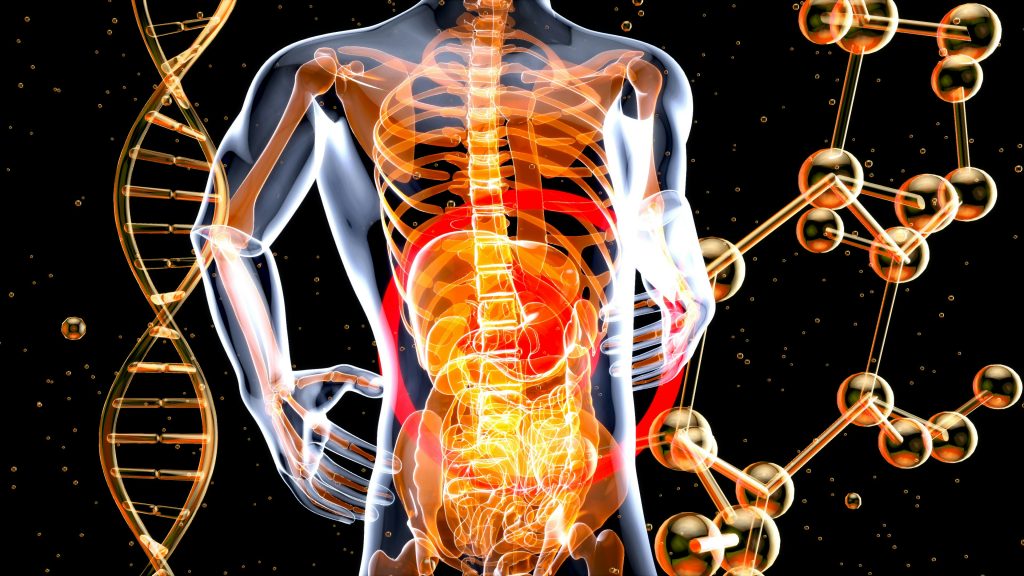Nutrition and Mental Health and Wellbeing
Mental and physical health have traditionally been treated as separate issues…
but there is now recognition that we are one highly integrated and complex system and that physical and mental health should often be addressed simultaneously.
In the past, diet and nutrition have been mostly linked to physical health but new research suggests there is a direct link between the quality of our diet and mental and cognitive symptoms across different life stages. These associations are often independent of other factors commonly contributing to poor mental health such as socio-economic status, education, social support or body weight.
Diet quality and mental outcomes are directly linked to physiological processes. Poor diet and poor mental health are the leading causes of mortality and morbidity worldwide. Studies show that we don’t consume enough whole grain, fruit, vegetables, legumes, nuts and seeds. But we do eat too much processed meat, sugar-sweetened beverages, and sodium (salt).
A quality diet can be defined as:
High intake and high variety of plant-based foods such as vegetables, fruit, wholegrains, nuts and seeds.
Moderate intake of a quality proteins such as seafood, lean meats and dairy.
Low intake of highly processed foods.
What is mental health and mental disorder?
According to the World Health Organization, mental health is: “a state of well-being in which every individual realizes his or her own potential, can cope with the normal stresses of life, can work productively and fruitfully, and is able to make a contribution to her or his community”.
(World Health Organization 2005, p. 47)
The 2018 Lancet Commission on global mental health and sustainable development defined mental ill health or mental disorder as “disturbances of thought, emotion, behaviour, and relationships with others that lead to substantial suffering and functional impairment in one or more major life activities”. (Patel, et al., 2018, p. 49)
Common mental health and brain disorders
During their lives people may experience numerous states on the mental health continuum from common issues of stress or worry to more persistent concerns of distress or anxiety.
Depression is classified as a common mental health disorder. According to the World Health Organization, depression affects approximately 300 million people worldwide and is currently one of the leading causes of disability.
- Symptoms of depression include:
- low mood and mood swings
- irritability and loss of interest
- bodily complaints or fatigue without defined physical problems
- changes in appetite (decrease or increase) and sleep
- low participation in work and social activities.
Other mental health and brain disorders include anxiety, addiction, bipolar affective disorder, schizophrenia, autism and dementia. Mental health issues and disorders are more common in areas of social disadvantage.
Although mental health issues are complex in nature, most conditions can be mitigated through diet and nutritional supplementation.
Lifestyle factors that affect mental and brain health can be modified.
Lifestyle factors include:
- diet
- physical activity
- sleep
- alcohol and substance use.
Physical inactivity
Research has shown that mental health problems are quite common in individuals who take little or no exercise. However, those problems have shown significant improvement with increased levels of activity and exercise, improving general fitness and wellbeing.
Lack of ‘good’ sleep
Stress-related insomnia or sleep apnoea affect around 20% of people and could have a significant effect on physical activity and psychological resilience. This increases the risk for developing mental issues.
Nutrition-what our body needs
Energy and macronutrients
Macronutrients in food, essentially carbohydrate, protein, and fat provide the energy the body’s systems require to function properly. Fibre and water are not considered sources of energy, but could be also viewed as macronutrients. Each of these macronutrients has a specific role in metabolic processes.
Carbohydrates-the primary source of energy production.
Whole grains, legumes and root vegetables contain more important, fibrous and starchy carbohydrates than foods that contain a high proportion of sugar.
Fats
Dietary fats, or fatty acids, are also a valuable source of energy. Fats can be naturally occurring in animal-based (saturated fat) and plant-based (monounsaturated and polysaturated fat) foods.
Proteins
Proteins obtained from diet and broken down to amino acids are required for cell structure and function. Both animal and plant sources of protein contain all the amino acids required for healthy living.
Fibre
Plant-based foods are packed with fibre. There are several types of fibre that are poorly or not digested in the human gastrointestinal tract. Dietary fibres can have multiple health benefits that are essential for optimal gut microbiota function.
Micronutrients: vitamins and minerals
A balanced diet should provide the essential vitamins and minerals the body requires.
Fat-soluble vitamins (A, D, E, and K) are abundant in dairy products and plant oils, while the main dietary source of water-soluble vitamins (B and C) are plant foods, such as fruit and vegetables.
Most balanced diets are also abundant in dietary minerals, such as, calcium, potassium or magnesium; and trace elements, for example, zinc, selenium or iron.
However, many of us are deficient in essential micronutrients for a wide variety of reasons, and therefore NUTRITIONAL SUPPLEMENTS are required for optimum health and wellbeing.
Inflammation
Evidence shows that certain health conditions, such as chronic fatigue, are linked to systemic and peripheral inflammation. Inflammation is a chronic activation of the immune system. Poor diet can significantly contribute to the state of inflammation. Following an anti-inflammatory diet with high intakes of plant foods, seafood and olive oil will benefit gut mucosal immunity which in turn can impact mental health.
BioMed – Personalised nutrition
Claudia, your BioMed Health Practitioner, takes a personalised approach to improving mental health through diet. Based on a comprehensive assessment of your individual biological and psychological profile, Claudia will develop a dietary strategy and healing protocol, tailored to your personal needs, that is realistic and manageable.
To go ahead please complete the BioMed Assessment Form https://biomednaturalhealth.com/https://biomednaturalhealth.com/wp-content/uploads/2019/06/BioMedic-Assessment-Form.pdf
To complete – download/print edit and email back to enquiries@biomednaturalhealth.com





